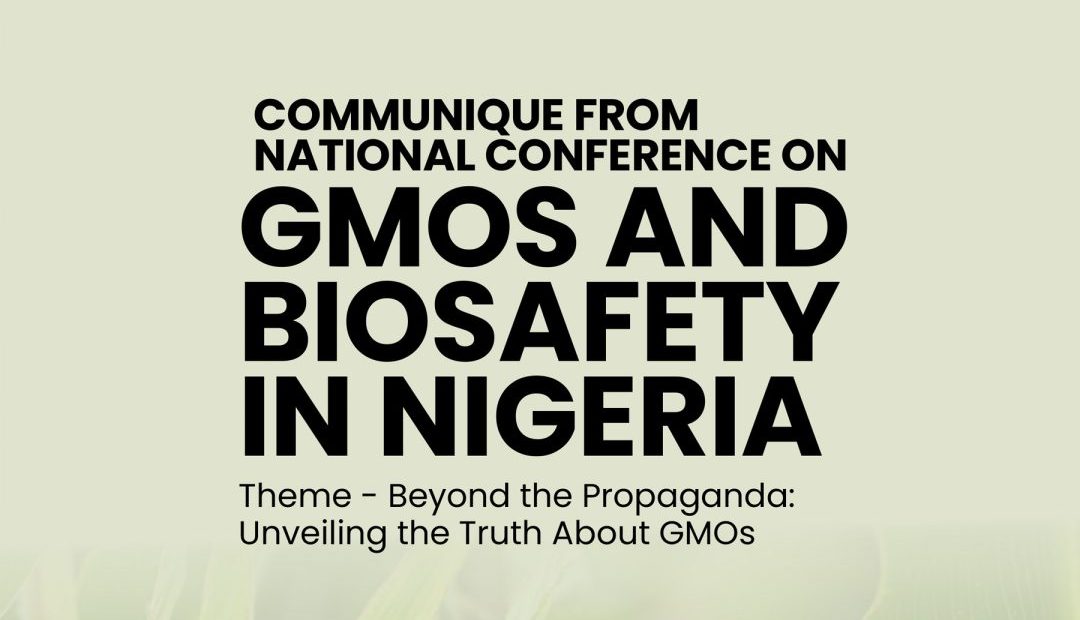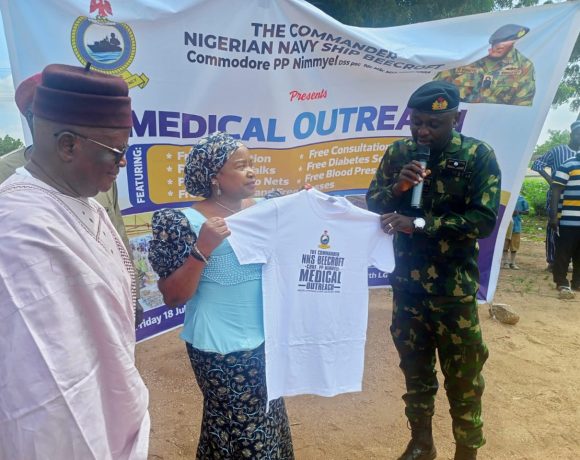Buried Truths: Unveiling the Silenced Catastrophe of GMO Harms

Nigeria
Dooyum Naadzenga
From the dawn of genetically modified organisms (GMOs) in agriculture, a careful and deliberate silence has surrounded the growing evidence of harm. Since 1994, when the first wave of transgenic deregulation began, a well-orchestrated effort has been made to conceal the broken promises and ecological disruptions seeded by GMOs. This suppression only intensified with the rise of gene-edited crops now saturating global markets under the guise of innovation.
Behind this veil are ghostwritten scientific articles shaped by corporate public relations, designed to appear independent but crafted to mislead. Internal Monsanto documents reveal how toxicology studies showing kidney damage and endocrine disruption in lab animals were quietly excised before regulatory submission. Simultaneously, industry-funded blacklists and data embargoes prevented damaging findings from reaching mainstream science or public awareness.
The consequences of this suppression ripple far beyond the laboratory. In livestock, evidence shows that glyphosate-resistant crop feed correlates with increased stillbirths in Danish dairy herds and spontaneous abortions in Argentine cattle. Declines in beneficial insect populations, such as monarch butterflies and bees, are linked directly to herbicide drift and exposure to Bt pollen from genetically engineered crops, threatening vital ecological balances.
Human health has also suffered in silence. Studies show GMO soybean transgenes can integrate into gut microbiota, while Cry proteins disrupt gut integrity, potentially allowing harmful bacterial endotoxins into the body. Alarming trends have emerged, including a significant drop in sperm counts, elevated allergic responses in children consuming GMO-heavy diets, and unexplained infertility issues, yet these findings are systematically marginalized or censored.
Across Europe and beyond, regulators have colluded in secrecy. The leaked HAVANA Protocol demonstrates how papers exposing off-target genetic damage were blacklisted and redacted to protect industry interests. Even international carcinogenicity evaluations of Cry proteins were aborted due to alleged national security concerns, preventing open scientific scrutiny at the highest levels.
Whistleblowers and independent scientists who challenge the official narrative have faced professional exile, personal attacks, and legal retribution instead of scientific debate. Careers have been destroyed not by refutation but by calculated intimidation, while editorial boards linked to industry sponsors have withdrawn critical research under opaque circumstances, ensuring the continuation of the corporate storyline.
This meta-investigation reveals a systematic pattern: GMOs are not risk-free but risk-obscured. The scientific record has been carefully curated, sanitized, and pruned to serve regulatory approval and market expansion rather than truth or public health. Transparency is sacrificed, while commercial confidentiality shields health-critical data, perpetuating a culture of scientific silence.
The path forward demands radical openness. All toxicological and ecological data must be made accessible to independent experts. Retrospective third-party evaluations of deregulated GMO traits are urgently needed. Patent secrecy on health-related information must be rescinded. Only then can the true impacts of this technology be understood and regulated with integrity.
Above all, the invisible victims—wildlife, livestock, and human populations—call for justice. The ecosystem disruptions, reproductive harms, and immune system challenges encoded in these suppressed data cannot be ignored. The graveyard of scientific integrity buried beneath market-driven silence must be exhumed for the sake of future generations.
This feature is based on the investigative research and collaborative expertise of Tor Ahemba, Investigative Researcher and Policy Analyst, and Professor Qrisstuberg Amua, Executive Director of the Centre for Food Safety and Agricultural Research (CEFSAR)









